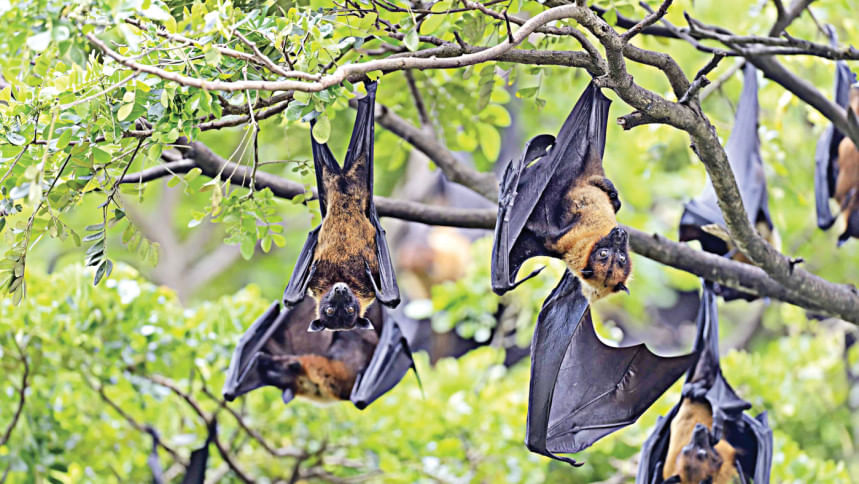Safeguarding against Nipah virus

Nipah virus (NiV) is a concerning zoonotic virus causing severe illness and death in Southeast Asia, primarily in Bangladesh and India. The COVID-19 pandemic highlights the importance of a unified One Health approach to prevent the transmission of pathogens from animals to humans.
The World Health Organisation (WHO) Southeast Asia Region has developed a strategy (2023–2030) for Nipah Virus Prevention and Control, targeting decision-makers and programme managers in zoonotic disease control. This strategy focuses on key components:
• Improve understanding of the socio-ecological aspects,
• Enhance policy, strategy, and regulatory capacity,
• Increase multisectoral, One Health System capacity and readiness for detection, early warning, and response to cases and outbreaks,
• Enhance risk communication and awareness to reduce spillover and spread,
• Promote research and development,
• Promote behavioural changes to reduce risk,
• Improve the control of disease in domestic animals through enhanced biosecurity,
• Increase laboratory diagnostic capability in the human, animal, and wildlife health sectors,
• Increase surveillance and information sharing among the human, animal, and wildlife health sectors,
• Improve clinical diagnosis and case management,
• Develop and improve access to medical countermeasures; and
• Ensure resilience.
The eight-year plan tailors the strategy to each country's unique situation, anticipating varied resource allocations. WHO and its partners will advocate for and support member states in coordinating efforts across ministries and agencies involved in zoonotic disease prevention and control.

 For all latest news, follow The Daily Star's Google News channel.
For all latest news, follow The Daily Star's Google News channel. 



Comments